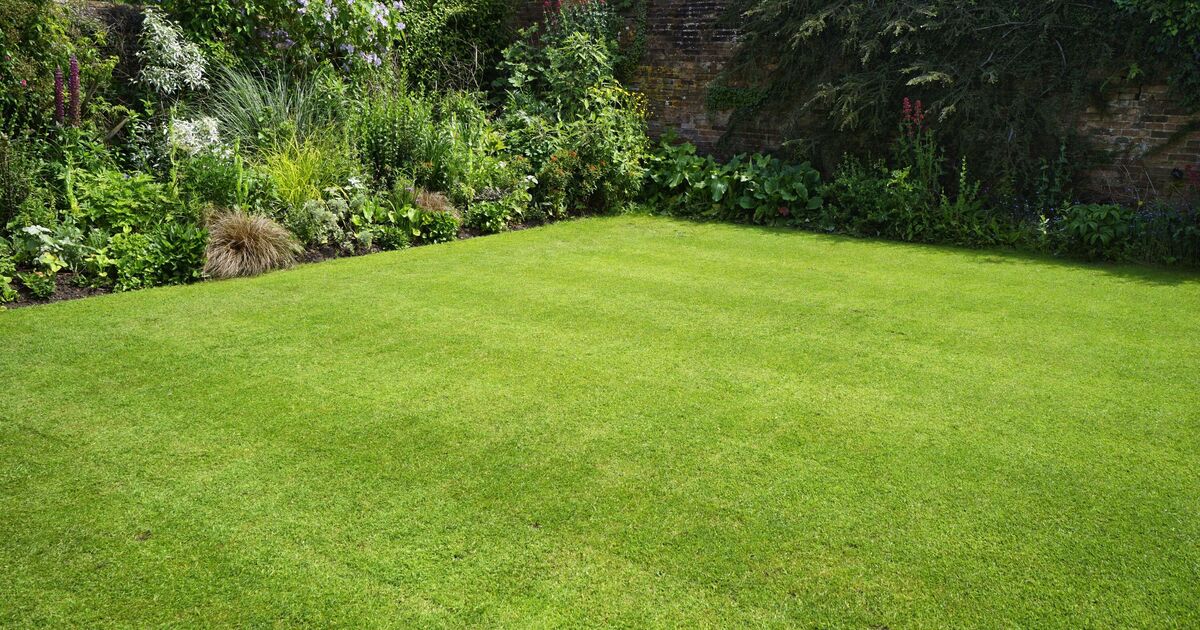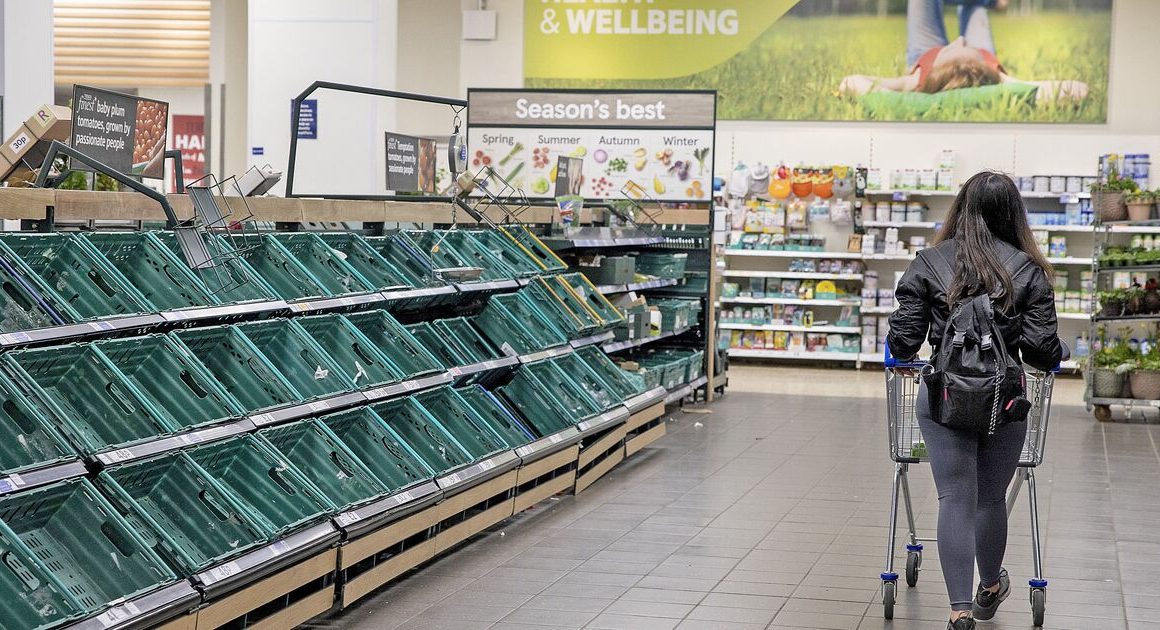Cutting the grass is essential for a luscious green lawn in spring and summer and something many gardeners work year-round to achieve. But as important as cutting garden grass is, there’s a knack for knowing when to stop. And it’s getting closer, according to gardening experts.
Green-fingered Britons have been pondering the question and searches for “when should I stop mowing my lawn?” have soared since the end of September.
Gardening professionals at Yell have revealed exactly when gardeners should stop mowing and urged them to begin other important preparations for the winter.
The Yell team warned: “The shorter days throughout winter mean fewer hours when your lawn is exposed to the sun and photosynthesising. This is essential for strong and healthy grass, ensuring a green and luscious lawn throughout the year.”
They continued: “If you overcut your grass, this will reduce the service area of each blade of grass, reducing its ability to grow and nourish itself.”
When it comes to when to retire your lawn mower, the Yell team suggests paying close attention to the weather forecast in your area.
They revealed: “The final mow should align with the grass, stopping its growth, typically between October and November, as temperatures drop. “However, with the fluctuating seasons and warmer winter sun now common in the UK, this can sometimes extend growth into December.”
Check the long-range forecast in your region, and if you see a significant drop in temperatures, ensure you make time to do the final cut when the cold spell is here to stay. This will likely happen sooner in more northern regions of the UK and later in the South.
For those lucky enough to enjoy above-average temperatures well into December, the gardening experts urged green-fingered Britons to follow a simple rule when they finally cut their lawns.
The Yell team said, “If your grass continues growing during winter, cut it once it exceeds three inches in height.”
They continued: “When mowing, avoid removing more than one-third of the grass height at a time to maintain healthy growth.”
To make the most of the final mow, gardeners should take extra care to remove all lawn clippings from the grass. Though this is usually fine in the summer, doing it in autumn and winter will damage your lawn.
Layers of clippings could block light from reaching the grass underneath, quickly resulting in dead patches of lawn that aren’t getting the nutrients they need.
Leaving wet clippings can also create an ideal breeding ground for lawn diseases and mould.
It’s also important to reseed bare patches in the autumn. Applying lime can regulate the grass’s pH, helping it outcompete weeds by making the soil more conducive to grass growth.












